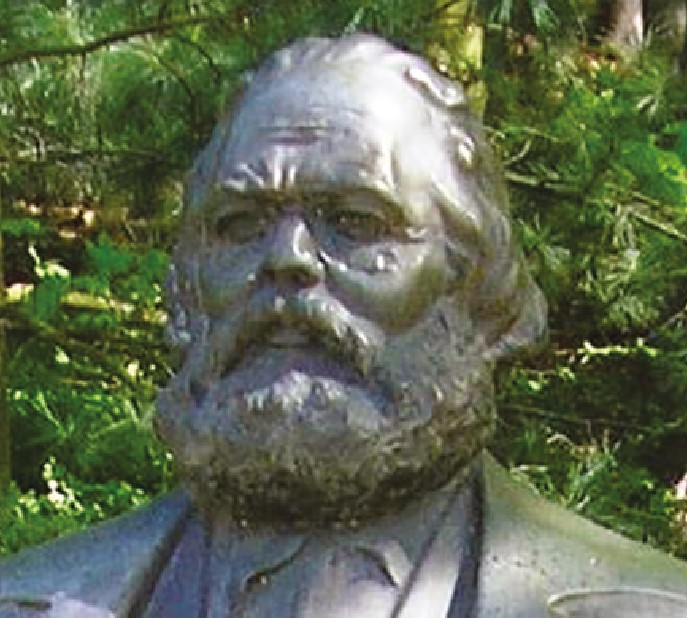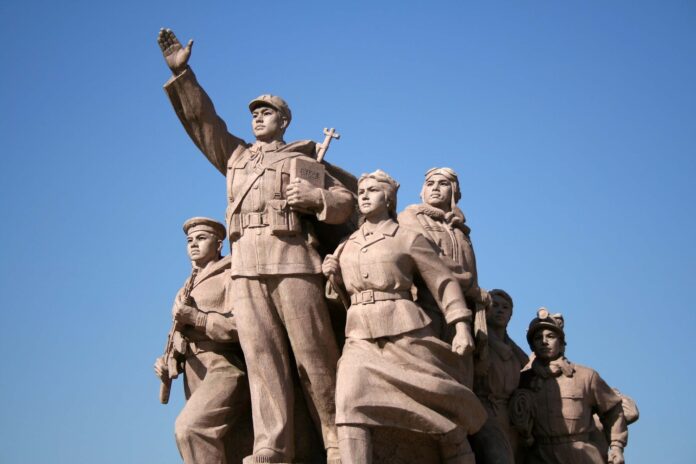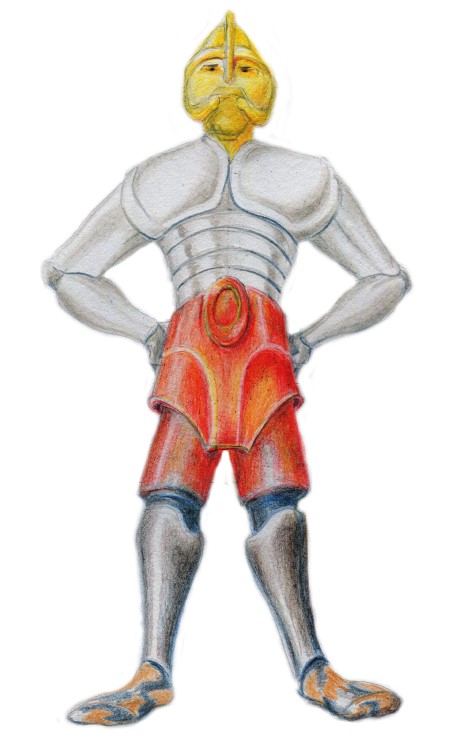
THE REVOLUTIONARY philosopher Karl Marx was one of the most influential thinkers of modern times. He had a vision of a world where everyone is equal, the rich do not exploit the poor, and we all live together in harmony. He urged the workers of the world to rise up against their rulers and establish a people’s utopia.
Beginning with the Russian Revolution in 1917, the ideals of Marx and those like him inspired the creation of communist states in dozens of countries. Many people believed that civilisation was on the brink of a glorious new age.
Karl Marx was an atheist. He had faith in the human spirit—he believed that given the right conditions people can build a perfect society without the need for God.
Here we are, a hundred years or so later, and we have the benefit of hindsight. Even the most ardent communist has to admit that things have not gone according to plan. A pattern has emerged. A society is formed on the principle of equality and comradeship. Its birth is usually marked by bloodshed. It is beset by corruption and strife. Within a few generations it crumbles and fails, or degenerates into a dictatorship. What is going wrong?
The obvious answer (it seems to me) is that Marx and his fellow visionaries were wrong in their assessment of human nature. The evidence shows that humans are actually not capable of living together in harmony. They are not essentially good.
Human Nature
The Bible is, among many other things, a ruthlessly incisive historical commentary. It follows the history of humankind from its beginning, focusing on the career of the nation of Israel. One of the stamps of its authenticity is that it does not flatter its heroes. We see the fledgling nation, newly released from their slavery in Egypt, moaning and rebelling against God (for example Exodus 17). They were at last established in the Promised Land, and they had the privilege of being God’s own people:
For what great nation is there that has a god so near to it as the Lord our God is to us, whenever we call upon him? And what great nation is there, that has statutes and rules so righteous as all this law that I set before you today? (Deuteronomy 4:7–8).
But the historical books of Joshua through to Chronicles chart the nation’s spiritual and political turmoil over the 900 years of its occupation, and its long decline until finally it was ejected from the land by the Babylonian invasion in the 6th Century bc. The prophetical books of the Old Testament are largely concerned with reprimanding the people and appealing to them to turn from their wickedness. The Bible presents to us a harsh but accurate assessment of human nature, which is summarised by the prophet Jeremiah:
The heart is deceitful above all things, and desperately sick; who can understand it? (Jeremiah 17:9).
If Marx (who was a Jew) had paid more attention to his Bible, he would perhaps have realised that his noble vision of utopia was doomed from the start.
The Kingdom of God
On the other hand, the Bible presents the prospect of a future perfect world which is altogether more realistic. It is the Kingdom of God.
Daniel 2 contains the account of a dream of the Babylonian king Nebuchadnezzar, in which he saw his empire and the succeeding powers in the Middle East as parts of a great human statue. The statue was struck and demolished by a stone, which then grew to fill the earth. The prophet Daniel’s interpretation of this was:
In the days of those kings the God of heaven will set up a kingdom that shall never be destroyed, nor shall the kingdom be left to another people. It shall break in pieces all these kingdoms and bring them to an end, and it shall stand for ever (Daniel 2:44).
Isaiah 2 contains a description of life in the Kingdom. The nations of the world will at last live together in harmony. They will be enabled to do this because they will be under the rule of God:
And many peoples shall come, and say: “Come, let us go up to the mountain of the Lord, to the house of the God of Jacob, that he may teach us his ways and that we may walk in his paths.” For out of Zion shall go the law, and the word of the Lord from Jerusalem (Isaiah 2:3).
This perfect world order will commence by addressing the fundamental problem—that of human nature. The Kingdom of God will be governed by people who are immortal and incorruptible (Revelation 5:9–10). Who are they? Those who have been faithful to God in this age—you and me if we want it (1 Corinthians 15:50–52). And its King, of course, will be Jesus Christ himself (Luke 1:32).
At the beginning of the 20th Century many people thought that humanity had outgrown religion, and was on the brink of a bright future of its own making. They were wrong. But God’s promise remains— one day soon He will establish utopia on earth. Do you want to be there?



